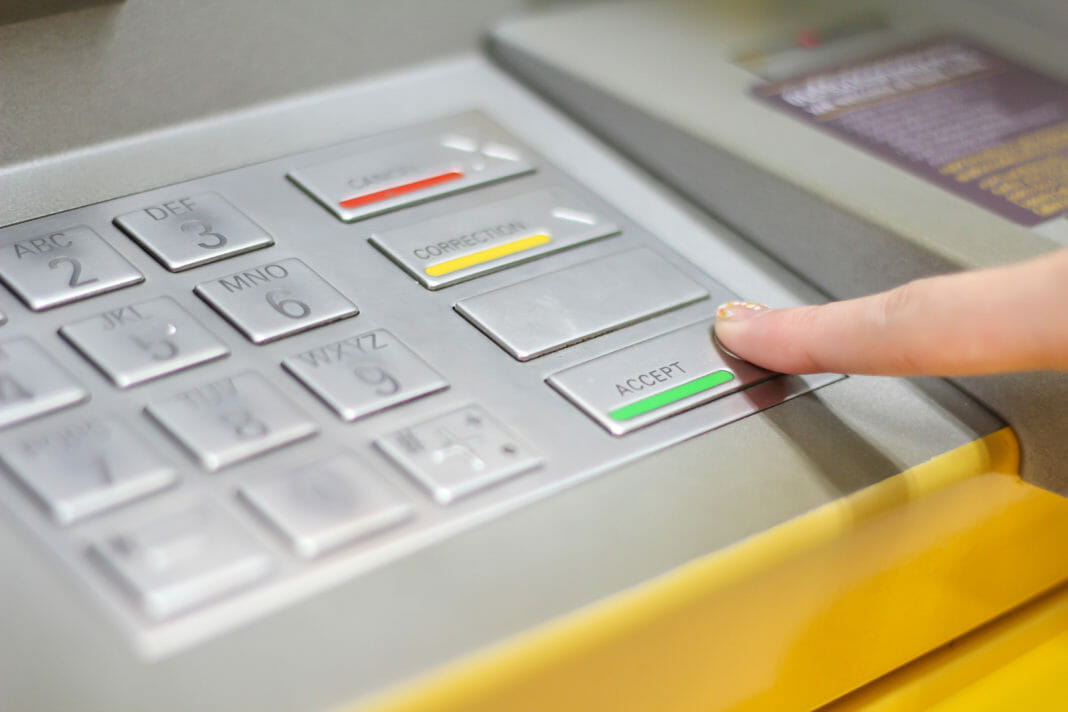In mid-2022, BTC ATM installation figures dropped 89.75% in May, followed by a quick recovery in June.
Bitcoin (BTC) ATM installations have marked a new comeback as June 2022 reversed the five-month downward trajectory for the first time this year.
Global ATM installations around the world fell steadily throughout the year, with the lowest number of 205 ATM installations recorded in May. However, in June there were more than 882 ATM installations in just the first ten days.
ATM Installations History and Update
The May 2022 crash reached a range last seen three years ago, in 2019. Over the last two years, in 2020 and 2021, Bitcoin ATM installations grew steadily due to a friendlier regulatory landscape, amid a rewarding market in which numerous cryptocurrencies momentarily hit their all-time highs.
Furthermore, the use of Bitcoin as legal tender in El Salvador contributed to the increase in cryptocurrency ATM installations in the last year. China’s imposition of a blanket on cryptocurrency trading and mining also contributed to a temporary slowdown in ATM installation numbers globally. Surprisingly, despite the regulatory hurdles, China became the second-largest Bitcoin mining hub.
Cryptocurrency ATM installations peaked in 2021, with 1,971 ATMs installed in a month in December. However, through June 2022, the numbers fell by 89.75% in May, which was followed by a rapid recovery in the following month.
According to the Coin ATM Radar measurement scale, which is based on data collected in the last two months, almost 23 cryptocurrency ATMs are being installed per day on average around the world.
The data also confirms that there are currently 38,000 operational ATMs installed worldwide. Cryptocurrency ATMs serve a crucial role in the Bitcoin and crypto economy by allowing users and investors to exchange their fiat currencies for Bitcoin and vice versa.
Of the total, the United States represents 87.9% of the total network of cryptocurrency ATMs, that is, 33,403 ATMs. The main manufacturers leading this space in terms of market share are Genesis Coin (40.9%), General Bytes (21.6%), BitAccess (16.1%), Coinsource (5.4%), and Bitstop (4.8%).
El Salvador and ATM Installations
El Salvador, after accepting Bitcoin as legal tender, witnessed an increase in tourism. El Salvador’s tourism has reportedly grown 30% since the Bitcoin Law was implemented.
In a recent conversation with Cointelegraph, Dania González, a deputy from the Republic of El Salvador, recently revealed the country’s plan to buy more Bitcoin amid falling prices.
“What Nayib Bukele did was buy Bitcoins and make a profit at a certain strategic moment,” González said.
González also indicated that El Salvador President Nayib Bukele’s strategy has already proven successful in terms of socioeconomic impact, citing two ventures — a veterinary hospital and a public school — that were made possible by calculated investments in BTC.
It should be remembered that in 2021 the adoption of Bitcoin in El Salvador encountered some resistance from locals, leading to the burning of a Chivo-backed Bitcoin machine. Those protesting the adoption of Bitcoin highlighted concerns regarding uncertainty, price fluctuation, and a lack of exposure to the cryptocurrency market.
By Audy Castaneda











